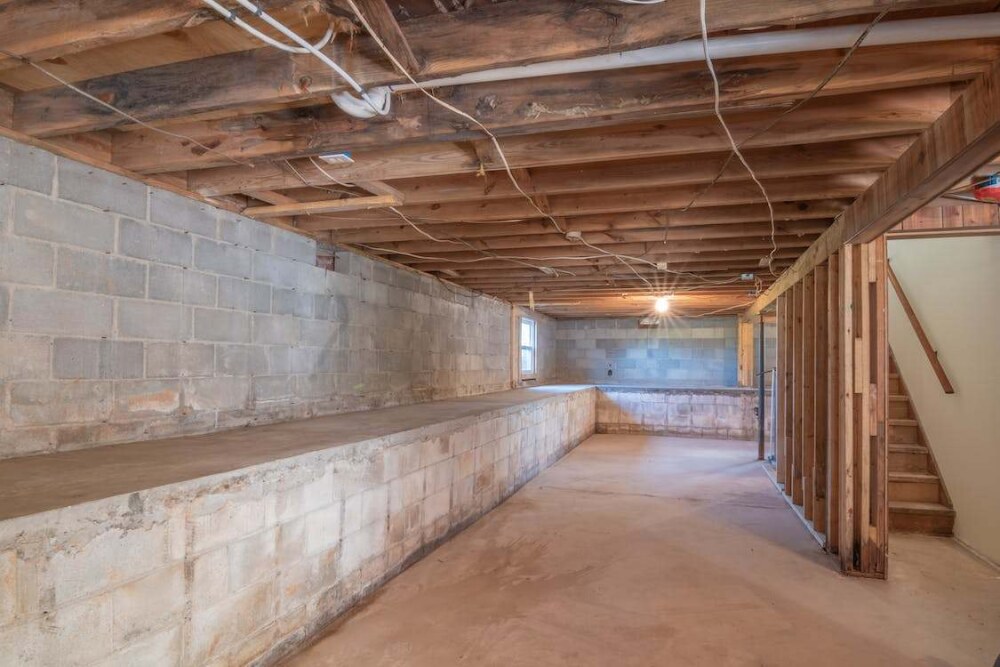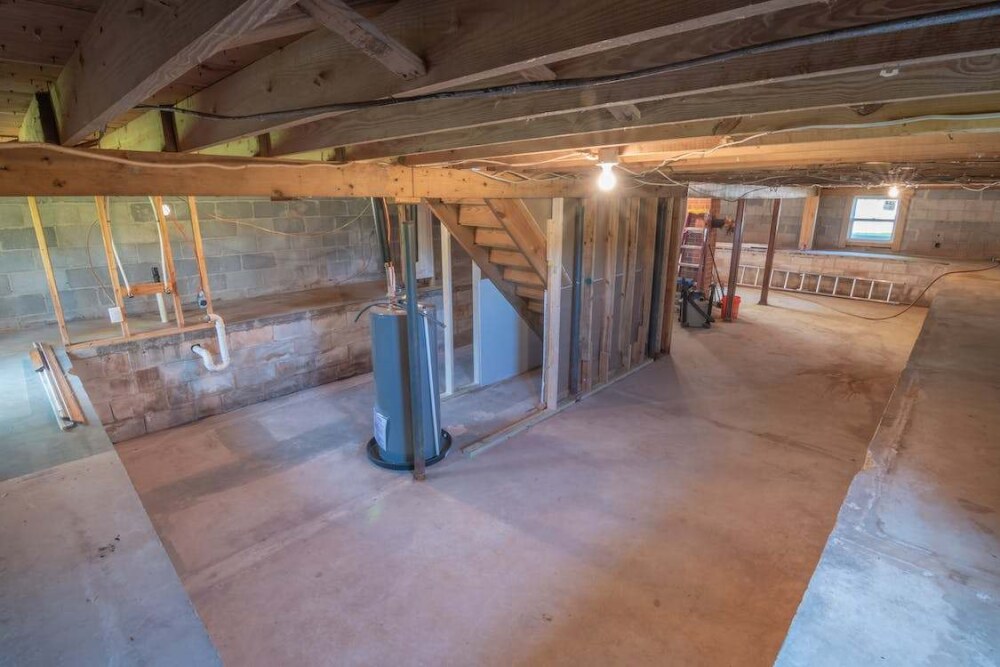Tackling a basement cleanout can be a daunting task for any homeowner. Whether it’s dealing with the aftermath of a flood, clearing out years of accumulated clutter, or addressing mold and mildew issues, the process involves time, effort, and, inevitably, expense.
Understanding the potential costs associated with a basement cleanout is crucial for anyone preparing to embark on this essential home maintenance project. This article aims to provide a comprehensive overview of what homeowners might expect to spend when cleaning up their basements, taking into account various factors that can influence the overall cost.
What is a Basement Cleanout?
A basement cleanout encompasses a range of activities aimed at restoring, organizing, or improving the condition of a home’s lower level. This process can vary widely in scope and complexity, depending on the current state of the basement and the homeowner’s goals. For some, a cleanout might simply mean sorting through stored items, discarding unwanted clutter, and doing thorough dusting and vacuuming. In these cases, the focus is on decluttering and reorganizing space to make it more functional and aesthetically pleasing.
However, for others, basement cleanout can involve more intensive efforts, such as removing water after a flood, addressing mold and mildew growth, or making repairs to damaged walls and flooring. These situations require a more hands-on approach and potentially the involvement of professionals who specialize in water damage restoration, mold remediation, or structural repairs.
The Cost of a Basement Cleanout
The cost of a basement cleanout can vary widely based on several factors, including the size of the basement, the extent of the cleanout required, and whether professional services are needed. For basic cleanouts involving decluttering and deep cleaning, homeowners might only need to invest in cleaning supplies and possibly a rental dumpster, with costs potentially ranging from a few hundred to over a thousand dollars, depending on the amount of debris and the rental period.
However, if the basement requires more extensive work, such as water extraction, mold remediation, or structural repairs, the costs can escalate significantly. Professional water damage restoration services can range from $1,500 to $5,000, while mold removal costs can vary from $500 to $6,000, depending on the mold’s spread. Structural repairs, such as fixing cracked walls or replacing damaged flooring, can add thousands more to the overall expense.
Factors that Affect the Cost of a Basement Cleanout
Several factors can significantly influence the cost of a basement cleanout, making each project unique in terms of expenses. Understanding these factors can help homeowners better anticipate the financial aspect of their cleanout project. Here are key elements to consider:
- Extent of Cleanout Required: The nature and scope of the cleanout play a crucial role in determining costs. A simple reorganization and cleaning will cost considerably less than addressing issues like water damage, mold, or structural repairs.
- Size of the Basement: Larger basements will naturally require more time and resources to clean, affecting the overall cost. Size can impact everything from the number of cleaning supplies needed to the duration of professional services.
- Condition of the Basement: The baseline condition of the basement is a significant factor. Basements with severe water damage, extensive mold growth, or structural problems will necessitate more specialized—and costly—cleaning and repair services.
- Professional Services: The need for professional services, such as water damage restoration, mold remediation, or pest control, can increase the project’s cost. The rates for these services can vary based on the provider’s expertise, reputation, and location.
- Local Labor Costs: Geographic location affects labor costs, with prices varying widely between different regions and cities. Urban areas typically have higher rates due to the increased cost of living and operating a business.
- Materials and Equipment: The cost of materials for repairs and specialized equipment for cleaning or water extraction can add to the total expense. Renting a dumpster for debris removal, for example, is an additional cost that depends on size and rental duration.
- Unforeseen Complications: Unexpected issues discovered during the cleanout process, such as hidden water damage or structural weaknesses, can lead to additional costs. It’s wise to allocate a portion of the budget for unforeseen expenses.
By considering these factors, homeowners can develop a more accurate estimate of their basement cleanout costs. Planning and budgeting with these elements in mind will help ensure a smoother, more predictable cleanout process.
Conclusion
In summary, the cost of a basement cleanout can vary greatly depending on a range of factors, from the project’s scope to the condition of the basement and the need for professional services. Whether dealing with a simple decluttering task or tackling more severe issues like water damage or mold, understanding the potential costs involved is crucial for homeowners preparing to embark on this endeavor.



